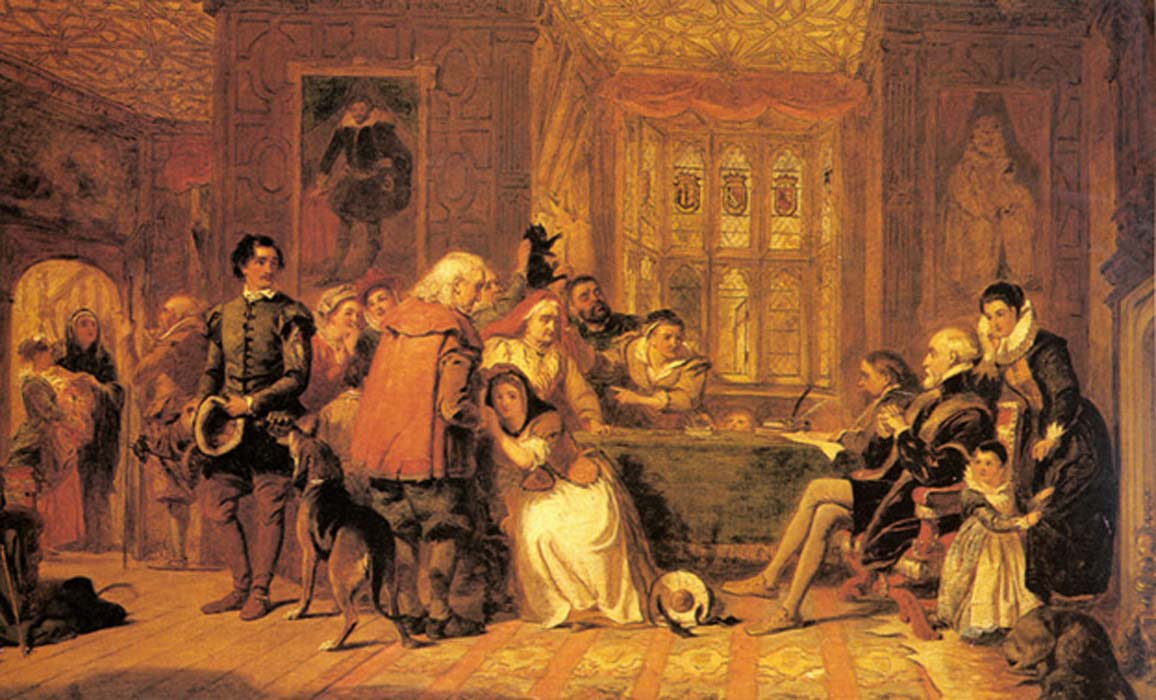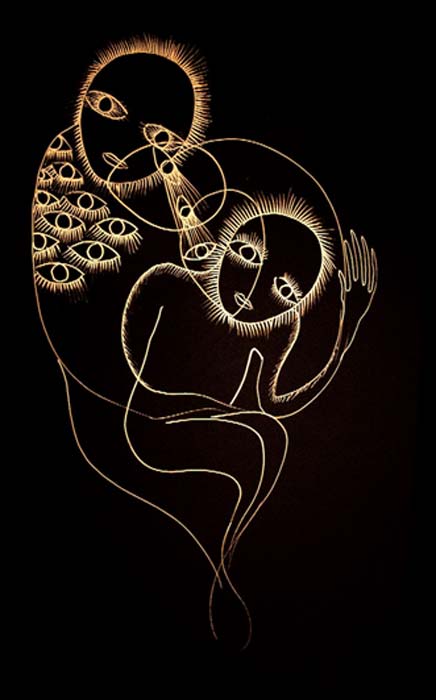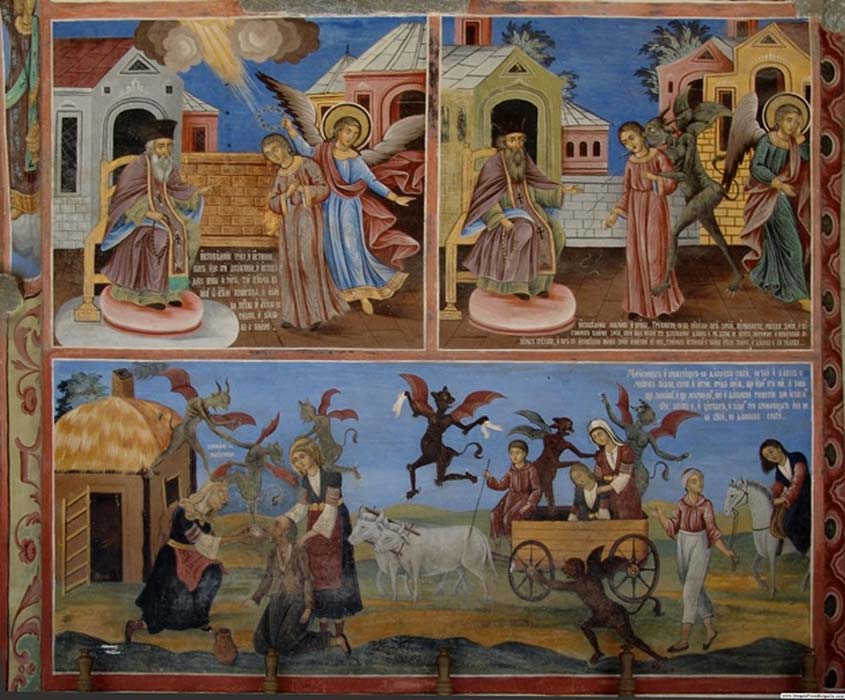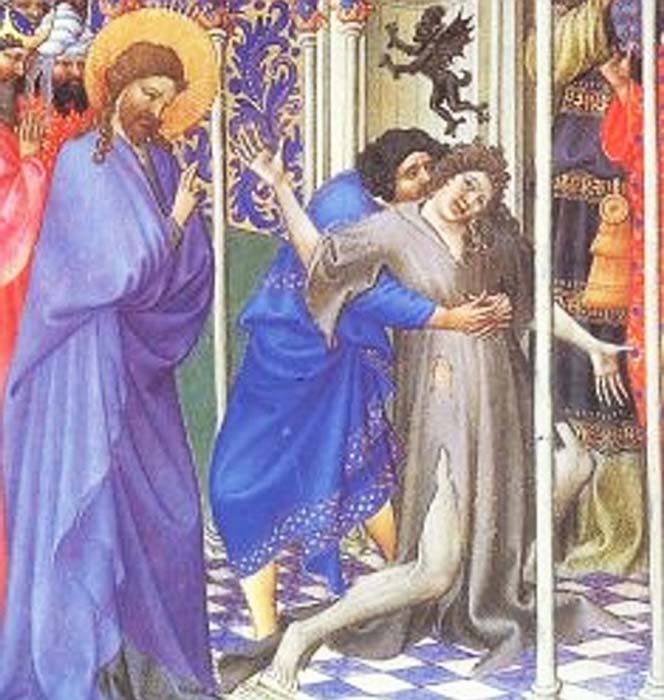
The Controversy Surrounding Witches’ Familiars and Religious Judgement
How come religions glorified certain Biblical characters’ - such as Jesus and Mary - communication with spirits or angelic entities, yet it condemned witches’ conferring with familiars, to the point of torture and burning them? The Judeo-Christian religions have historically harshly judged and condemned witches who have familiar spirits, practice idolatry, and prophesy. These condemnations have spilled the blood of far too many pagans to count. Though these religions have sometimes espoused and practiced tolerance, witches who kept familiars were not given grace and forgiven and were mostly put to death. Due to some passages in the Bible, it is believed by many that a witch actually loses her soul and is damned if she practices divination or consults the spirits of the dead. As Leviticus 20:27 states: “A man or a woman who has a ghost or a familiar spirit shall be put to death; they shall be pelted with stones - their bloodguilt shall be upon them.”

Witch with Familiar (Image © Maja D’Aoust)
Controversy exists regarding the double standards applied by religious dogmas. Although the Catholic Church staunchly reprimands necromancy practiced by witches, Roman Catholic altars contain the remains of saints, called relics and the entire cathedral of St. Peter in Rome is built upon, and calls upon, the dead buried underneath it, as it is constructed on top of a grave mound.
Children of the East
In Judaism, only one form of forgiveness is given to the idolaters and diviners who speak with familiar spirits, and it is given to a special group. A fascinating story of an acceptance of the use of familiar spirits is told in archaic versions of the tale of Abraham. An obscure passage tells of a ‘gift’ that Abraham gave to the sons of his concubines. These illegitimate sons and their descendants, referred to as the children of the east, were given the ability to speak with demons and have relations with familiar spirits. These spirits were to be used to counsel humanity; as a result, the witches who used these powers were forgiven by God because, though they were utilizing unclean spirits, they did so to assist others, as described in Genesis 25:6: “Now Abraham gave all that he had to Isaac; but to the sons of his concubines, Abraham gave gifts while he was still living, and sent them away from his son Isaac eastward, to the land of the east.”

A painting in the Rila Monastery in Bulgaria, condemning witchcraft and traditional folk magic (CC BY-SA 2.5)
The actual Hebrew word used for the gifts was tumah, and it was said he gave them that name to use for themselves. Tumah is commonly translated as the name of the unclean spirits or impure demons—that is, familiar spirits. According to The Encyclopedia of Jewish Myth, Magic and Mysticism: “Names of impurity Shemot Tumah, a mysterious power that the Talmud reports Abraham bequeathed to the gentile children of his concubines. The concept may have its roots in Zechariah 13:2, where the impurity of the land derives from the names of idols. These children of Abraham became the fabled children of the east, the masters of magic and astrology. This story is offered as an explanation for why non-Jews are able to perform efficacious magic. Rashi identifies shemot tumah as knowledge of witchcraft and demonology. Later sages relate this term to some of the techniques used in exorcism”.

Jesus drives out a demon or unclean spirit, from the 15th-century Très Riches Heures (Public Domain)




